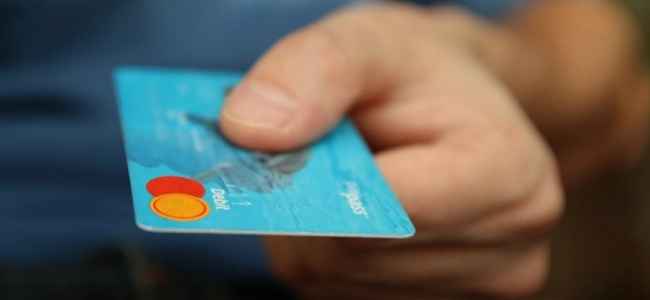You’ve just started a new job. Before you can finish the onboarding process and start making money, you need to open a bank account. You can’t set up direct deposit with your job until you do.
You’ve got two choices. You can either go with one of the many large bank branches in your town or pick a smaller credit union.
Bank vs. credit union, which one should you trust more with your hard-earned cash? They both come with their own sets of pros and cons. They also have their own unique sets of fees.
It all depends on what your values are. Check out this guide to learn the differences and similarities between the two types of branches.
What Are Banks and Credit Unions?
Banks and credit unions are both places where you can store your money. They both offer basic products and services such as checking accounts and loans.
Where they differ is their business model. Banks are for-profit. They accept pretty much anyone because it makes them the most money.
Credit unions are a little pickier about who they accept. Only certain people within a community can bank with them. There are a few pros and cons of these two very different business models.
For-Profit or Membership
Banks are for-profit institutions. They’re owned by their investors. Again, since they’re focused more on making money, they accept almost everyone, no matter their financial history.
Credit unions are non-profit. They get subsidies from sponsors in the community. They don’t have to pay taxes as the big banks do, so they can be a little choosier about their members. It’s usually limited to a geographic area, a workplace, school, or certain organizations.
What does this mean for you?
Big banks change their policies based on their investor’s needs. If you want to have more of a say on how your financial institution runs, you’ll need to go with a credit union. Since credit unions have fewer members, they’ll be more willing to accept if you go to them for a loan.
Products and Services
Banks aren’t as bad as they seem. They do offer a wider range of products and services than credit unions. Credit unions have the basics like checking and savings accounts, and credit cards.
Some will give out commercial loans, but not all of them do. Banks have everything listed above as well as business credit cards, business loans, and IRAs.
You’re also not going to see an ATM for a credit union all over the place. They’re smaller establishments with fewer branches. This can pose a problem if you need to withdraw cash while you’re out of town.
So if you travel a lot, you’ll be better off choosing a traditional bank. Most corporations have ATMs all over the world. You’ll have access to your money no matter where you go.
Interest Rates
Banks are for-profit, meaning if you need a loan, you can expect to spend a lot of money on interest rates. If you’re unfamiliar with what interests rates are, it’s the money the bank charges you to borrow the cash that you need.
When you’re shopping around for a loan, it’s best to try a few different places if you want to get the best rate. Online banks will give you a better deal in this regard than brick-and-mortar places.
The best place to go for a low rate, however, is a credit union. They don’t have many loans for you to choose from, but you can get a good deal on the ones that you can get.
Fees
Most banks have certain stipulations that you’ll have to adhear to for as long as you use their services. One stipulation that you may run into is your account balance.
You’ll have to receive a certain amount of cash through direct deposit each month or get hit with a fee. You’ll also have to keep a set amount of money in your account at all times. If something happens, and you overdraft your account, the bank will cover it, but you’ll have to pay a hefty fine.
Credit unions usually don’t have minimum account balance fees that you’ll have to worry about. They will fine you if you overdraft your account, but they’re a lot more lenient.
Technology
Farmers bank has a little more money to throw around than your average credit union. This means that they have more resources to pour into their online banking app.
A bank’s website and app will have a lot more features that will help make your experience a lot easier. This isn’t to say that your credit union won’t have an app. It will just lag behind a bit.
Customer Service
Credit unions are a little more customer-based than banks are. You’ll be a member of something instead of an account number. Members get to vote on community leaders to run the credit union.
Since credit unions work so closely with the community, they often extend a helping hand when they can. They offer scholarships and other resources for students, for example.
Bank vs. Credit Union: Which Do You Trust With Your Money?
You can try storing your money under your mattress or in a sock drawer, but that’s only going to take you so far. You need to choose a better place to put it. Bank vs. credit union, which is the better choice?
That all depends on what your needs are. Credit unions are more customer-based and work with the community. Banks have more branches, but they don’t offer as much in terms of customer service.
If you’re looking for more ways to manage your cash, we’ve got you covered. Visit the Finance section of our blog for all the latest tips and tricks to live by.


























